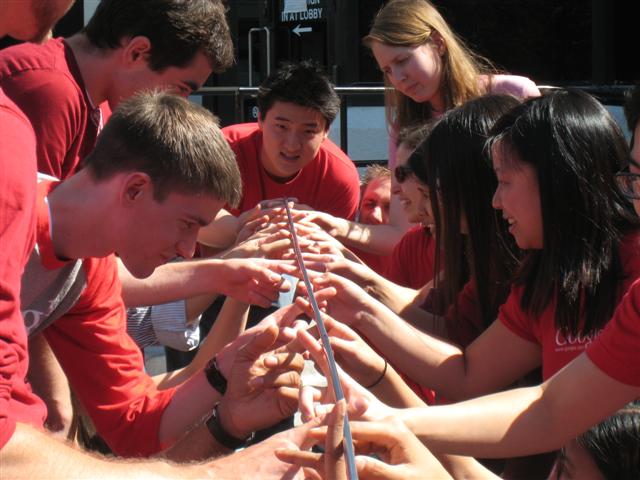Participating in the Boy Scouts of America (BSA) can offer a wide range of benefits and learning experiences for teenagers. Here are some key aspects your teenager may learn from being involved in the Boy Scouts:
- Leadership Skills: Boy Scouts emphasizes leadership development. Scouts have opportunities to take on leadership roles within their patrols and troop, learning how to lead and guide their peers.
- Outdoor Skills: Scouts are taught various outdoor skills, including camping, hiking, cooking, and first aid. They learn how to navigate, set up camp, and appreciate and respect nature.
- Teamwork and Cooperation: Scouts often work in patrols and teams, fostering a sense of teamwork and cooperation. Activities such as group camping and projects promote collaboration and communication.
- Character Development: The Boy Scouts program is designed to instill values such as honesty, integrity, and responsibility. Scouts pledge to follow the Scout Law and Oath, which emphasize moral and ethical behavior.
- Citizenship and Community Involvement: Scouts are encouraged to be active and responsible citizens. They participate in community service projects, learn about civic responsibilities, and gain an understanding of local and global issues.
- Self-Reliance and Problem-Solving: Through outdoor adventures and challenges, Scouts develop self-reliance and problem-solving skills. They learn to navigate obstacles and make decisions in various situations.
- Personal Growth: Scouts have opportunities for personal growth through merit badge programs and advancement. They set and achieve goals, gaining a sense of accomplishment and self-confidence.
- Respect for Diversity: Scouting promotes respect for diversity and inclusion. Scouts learn to appreciate differences in others and build friendships across various backgrounds.
- Communication Skills: Scouts practice effective communication through interactions with leaders, peers, and the community. Public speaking, writing, and interpersonal communication are integral parts of the Scouting experience.
- Physical Fitness: Outdoor activities and adventures encourage physical fitness. Scouts engage in various physical activities that promote a healthy and active lifestyle.
- Life Skills: Scouts acquire practical life skills, such as first aid, cooking, and basic survival skills. These skills are not only useful in outdoor settings but can also be applied in everyday life.
- Resilience and Perseverance: Through challenges and obstacles, Scouts learn to be resilient and persevere. They develop a “never give up” attitude and learn from both successes and failures.
It’s important to note that the specific experiences may vary based on the troop, leaders, and the individual Scout’s engagement. Overall, the Boy Scouts of America aims to provide a well-rounded program that prepares young people for a lifetime of leadership, service, and personal growth.
Joel Holst is a longtime Scouter and former North Shore District Chair. He enjoys playing with AI platform Chat GPT3.5 to see what it says about scouting. His membershp motto is “ABC – Always Be ‘Cruiting”.


